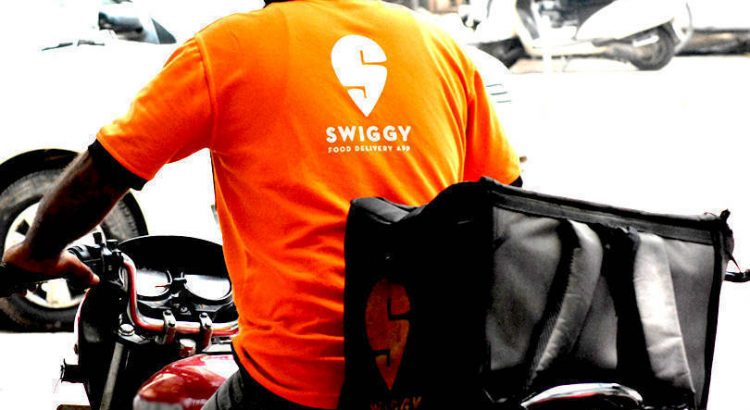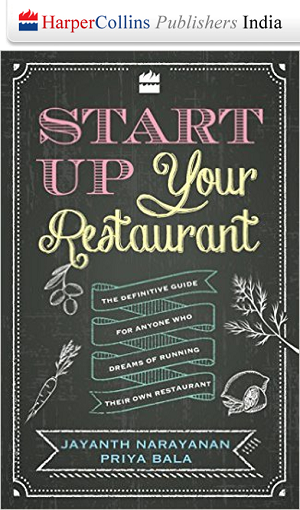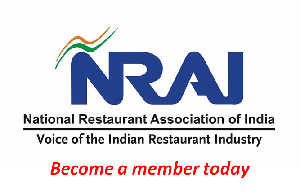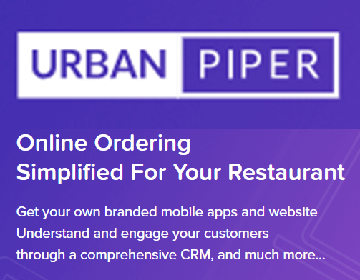
#LOGOUT delivered impressive results. Thousands of restaurants stood together and said no to unfair deep discounting by food aggregator Zomato. In principle at least the discount programme, Zomato Gold, was aimed only at upscale dining destinations. These have clearly found they can carry on doing business without the marketing heft of Zomato.
On the restaurant and food business groups I follow on social media I see expressions of anger and frustration continue as restaurateurs rail against the methods adopted by food aggregators. They speak of heavy discounts that eat into their margins, the lack of access to customer data – the customers are the restaurants’, remember – and other minor irritants such as the tendency to pass the blame for delivery glitches on to the restaurants.
Cynics point out that the restaurants signed up with the food aggregators of their own free will and should take what comes with such arrangements. The fact is, the aggregators have inveigled their way into the restaurant businesses and are now holding them to ransom. The fear of losing out on business keeps many of them, already operating on slender margins, caught in that cleft stick.
Let us then, imagine a scenario in which a restaurant does log out of delivery services offered by the third party aggregators who demand both discounts and commissions. This won’t affect the upscale restaurants, the ones that are at the narrow top of the pyramid, for they don’t depend on deliveries to any significant extent. These are dining destinations and people frequent them for the experience and no intervention from third party aggregators is required to boost their business. They run on the principles of great food, often made by name chefs, pleasing ambience and top class service.
The restaurants that have come to depend on deliveries as a revenue stream are the ones a little lower on the rung. This is your neighbourhood restaurant, where customers expect satisfying if not spectacular food at a reasonable price in a comfortable setting. Given the traffic woes in our cities many restaurants can necessarily only serve their immediate neighbourhood. Do these standalone restaurants need to rely so heavily on Zomato, Swiggy, Ubereats and the monolith Amazon that’s going to dive into the business soon? Why can’t we go back to the time before these companies arrived, when restaurants were content to serve good experiences to their customers, offer takeaway service and have a small, efficient delivery outfit that serves a limited radius?
Customers didn’t demand the food that was delivered home came at a discount. In fact, we weren’t so hooked to deliveries that we were piling up the plastic containers and causing all sorts of social damage. Mid-sized restaurants had fewer external factors weighing them down. Why not, then, make tracks back to those simpler times? In any case, it isn’t as if the food aggregators have delivered on all their promises and restaurants are raking it in.
Which will then leave the chains, the food factories to depend on them to take their plastic boxed offerings to a wider customer base. The owner-run restaurant with character, which makes a connection with the neighbourhood and community, might wish to consider doing away with faceless food aggregators.
Do you think it might be feasible?










